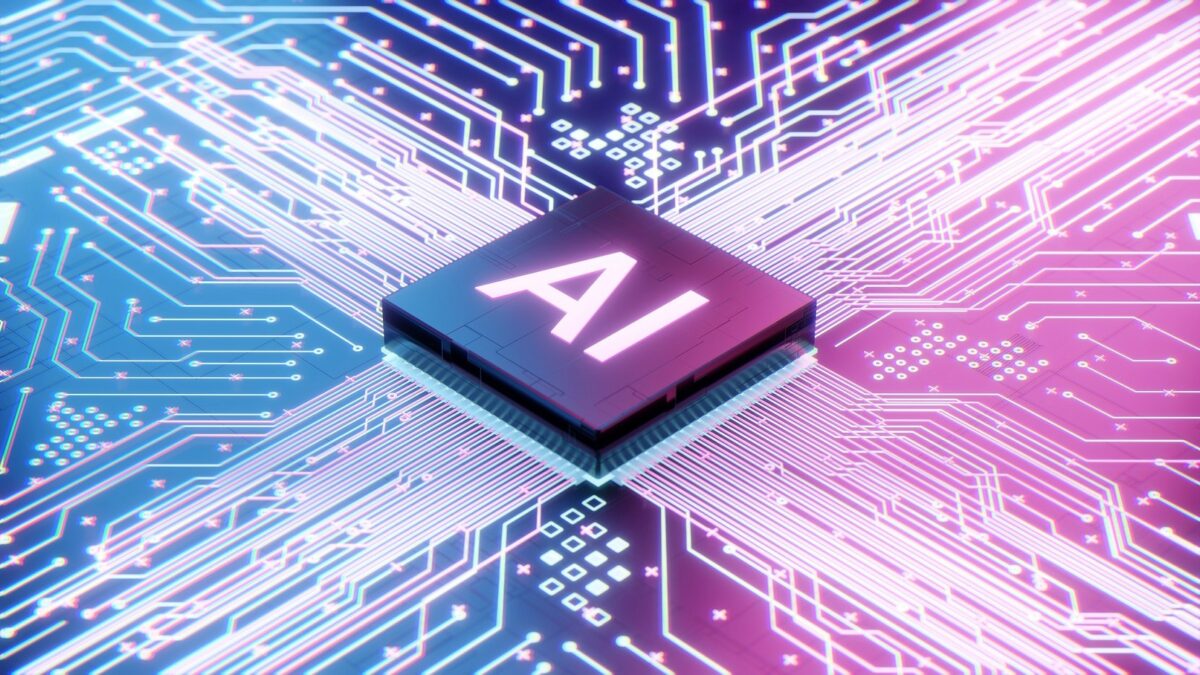This year may witness significant shifts in how artificial intelligence (AI) impacts healthcare, emphasizing patient safety amid growing enthusiasm for the technology. The FDA has approved over 1,000 AI-powered medical devices, but they currently lack self-updating capabilities. However, advancements in generative AI could lead to software that adapts based on real-world feedback by 2025. Regulatory changes are anticipated, particularly with the FDA’s guidance on predetermined change control plans. Congress has also released a report outlining responsible AI development, focusing on transparency, safety, and liability in healthcare. Experts stress the need for prioritizing data quality and compliance.

